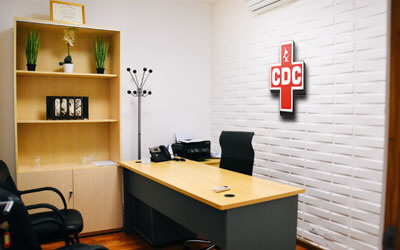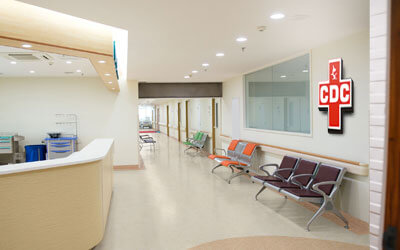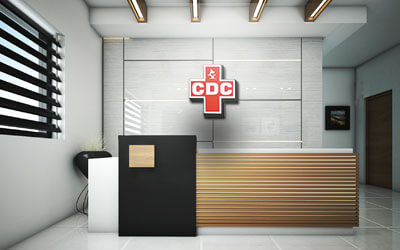An electroencephalogram (EEG) is a noninvasive test that records electrical patterns in your brain. The test is used to help diagnose conditions such as seizures, epilepsy, head injuries, dizziness, headaches, brain tumours and sleeping problems. It can also be used to confirm brain death.
The billions of nerve cells in your brain produce very small electrical signals that form patterns called brain waves. During an EEG, small electrodes and wires are attached to your head. The electrodes detect your brain waves and the EEG machine amplifies the signals and records them in a wave pattern on graph paper or a computer screen.




